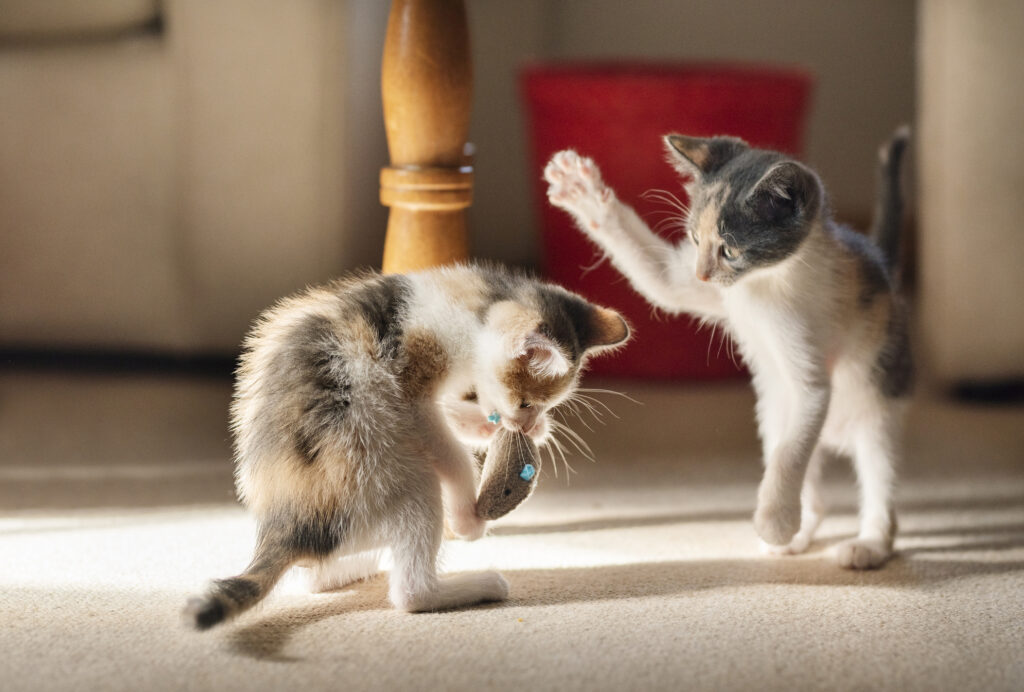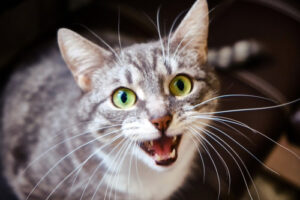Feline Leukemia Virus (FeLV) is a serious health concern for cat owners worldwide. It’s a retrovirus that affects cats, causing immune system suppression, anemia, and cancer. Unlike human leukemia, Feline Leukemia isn’t a single disease but a syndrome that opens the door for many other health issues, putting your beloved pet at risk. While the disease is, unfortunately, incurable, early detection can help manage its progression, giving your feline companion a better quality of life.
How is Feline Leukemia Transmitted?
It’s critical to understand that FeLV is highly contagious among cats. It’s primarily transmitted through close, social contact via saliva, blood, urine, and feces. Mutual grooming, bite wounds, or shared litter boxes and feeding dishes can lead to the spread of this virus. Mother cats can also pass it to their kittens during pregnancy or nursing.
Symptoms of Feline Leukemia
FeLV is a slow-acting virus, and many infected cats may not show any signs of illness for months or even years. However, as the disease progresses, cats can experience a wide range of symptoms. These can include loss of appetite, weight loss, poor coat condition, enlarged lymph nodes, persistent fever, pale gums, and more. Regular vet check-ups at Minnieville Animal Hospital can help detect these symptoms early, ensuring your cat gets the best care possible.
Diagnostic Tests for Feline Leukemia at Minnieville Animal Hospital
At Minnieville Animal Hospital in Woodbridge, VA, our expert team uses state-of-the-art technology to test for FeLV. We recommend regular testing, especially for outdoor cats or those living with other infected cats. Our diagnostic process involves a simple blood test that can be done during a regular check-up. If your cat tests positive, further tests may be required to confirm the result. To book your cat’s next visit, call us at (703) 680-4000.
Managing Feline Leukemia
Although there’s currently no cure for FeLV, that doesn’t mean there aren’t ways to manage it. With proper veterinary care, it’s possible to extend the life expectancy and enhance the life quality of an infected cat. Regular vet check-ups, proper nutrition, and maintaining a stress-free environment can all contribute to the overall well-being of your feline friend. Remember, though, your cat will always remain contagious and should be kept indoors to prevent the spread of the virus.
Preventing Feline Leukemia
Prevention is always better than cure, especially with FeLV. Vaccination is the first line of defense against this disease. At Minnieville Animal Hospital, we provide FeLV vaccinations and can guide you on the best vaccination schedule for your cat based on their lifestyle and risk factors. Keep your cats indoors to avoid exposure to infected cats. If you’re introducing a new cat into your home, get them tested for FeLV first to ensure they’re not carrying the virus.
Remember, every cat’s health situation is unique. As a responsible pet owner, the best thing you can do is ensure they get regular veterinary care. For more information or to schedule an appointment, call Minnieville Animal Hospital at (703) 680-4000. Protect your feline friend against Feline Leukemia. Together, we can help your pet live a long, happy, and healthy life.






